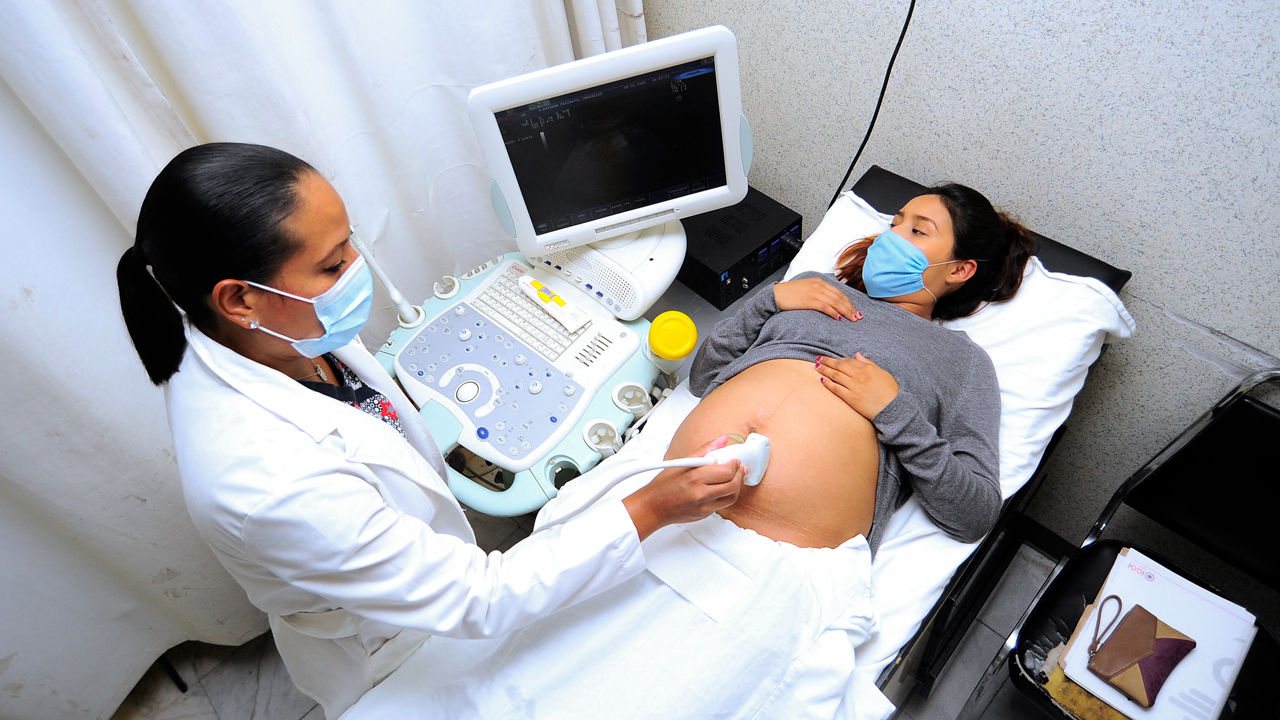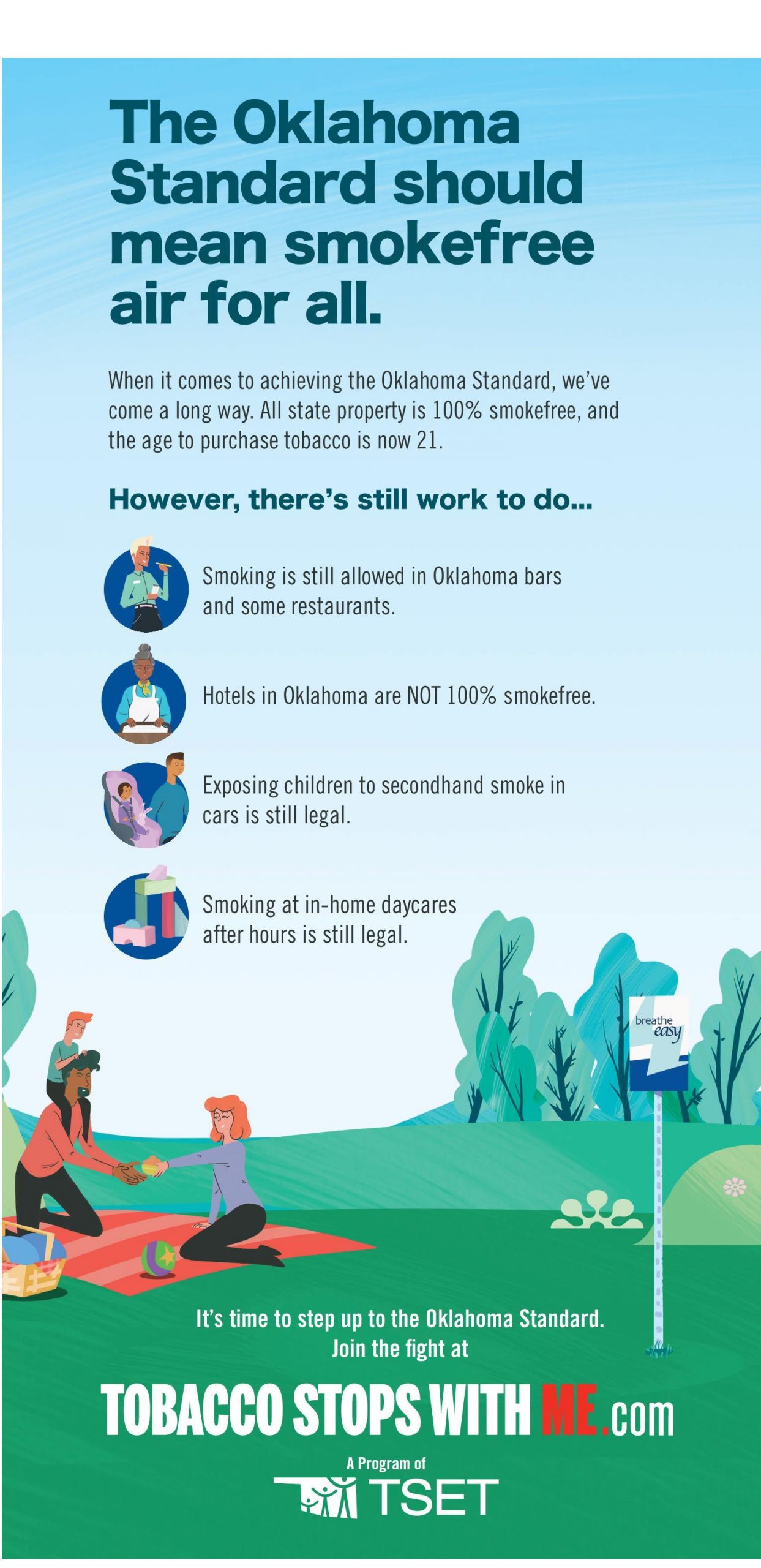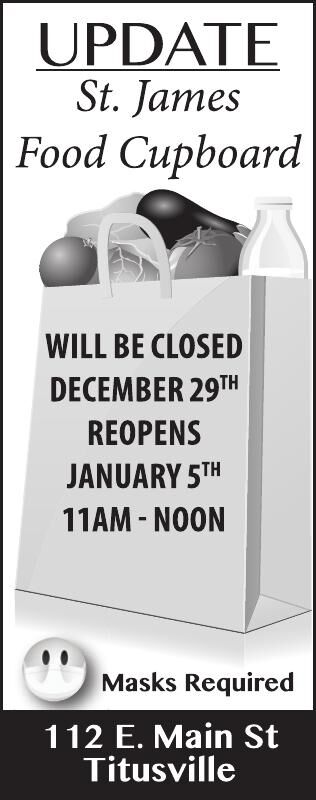LAWTON, Okla. – As frontline workers continue to get the COVID-19 vaccine, there’s still controversy surrounding how safe it is for pregnant women.
Registered nurse and infection preventionist at Comanche County Memorial Hospital Megan Garibay is 35 weeks pregnant.
She was among other healthcare professionals who were vaccinated at the hospital last Thursday – two days after the vaccine arrived in Southwest Oklahoma.
She has gestational diabetes, putting her in an even higher risk category.
“Initially I was hesitant just because I hadn’t done a whole lot of research on it,” she said. “After I did the research, I listened to a lot of expert analysis on the vaccine and like I said spoke to my physicians about it, I felt very comfortable in my decision.”
And with her other two young sons in school, Garibay is hoping the vaccine will provide an extra layer of protection, not only for herself, but for her unborn baby.
“I’m very hopeful that in the end when she’s born,” she said, “she’ll have some antibodies as a result of me getting the vaccine and that was really the driving force behind my final decision to get it.”
Chief Medical Officer Dr. Scott Michener said pregnant women are considered a higher risk group for contracting COVID-19.
In the first trials, the Pfizer COVID-19 vaccine was proven safe and effective for those 16 and older, but pregnant women were excluded from those studies.
“If you throw them into the pool of placebo and regular,” he said, “then you add another factor of confusion as to what’s related to pregnancy and what’s not.”
The biggest side effects Garibay noticed after getting the vaccine were a sore arm, a mild headache and some fatigue.
She said if you’re pregnant and thinking about getting the vaccine, it’s important to talk to your doctor and make that decision with them.
“She needs to weigh the risks of what she could endure if she actually contracted COVID with the benefit of getting the vaccine and protecting herself and potentially also her baby,” she said.
Garibay is scheduled to get her second dose of the vaccine on Jan. 6, 2021, about two weeks before she’s scheduled to give birth to a baby girl.




